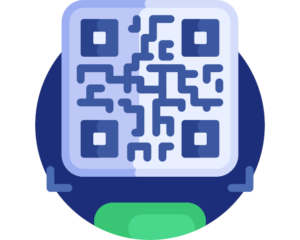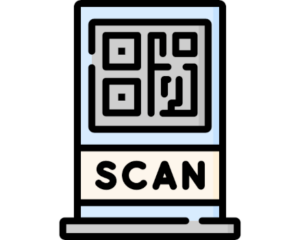flxvwr is a simple, cross-platform image viewer which provides a minimal user interface, keyboard shortcuts, and smooth performance.
Read more
The Linux Portal Site

flxvwr is a simple, cross-platform image viewer which provides a minimal user interface, keyboard shortcuts, and smooth performance.
Read more
highlight.js is a syntax highlighter written in JavaScript. It works in the browser as well as on the server
Read more
Quickemu is a wrapper for QEMU that automatically “does the right thing” when creating virtual machines.
Read more
QR Scanner is a QR code scanner and generator built with Flutter.
Read more
Foto is a simple image viewer. It simply shows an image either on a window or in the terminal. It is designed to be used in scripts.
Read more
Here are our recommended console email clients. All free and open source goodness.
Read more
File Lock PEA (PEA = Password Encrypting Archive) encrypts data at the filesystem level
Read more
Octoscan is a static vulnerability scanner for GitHub action workflows.
Read more
Encpipe is billed as the simplest encryption tool in the world.
Read more
CoBang is a native QR Code and barcode scanner application for the Linux desktop.
Read more